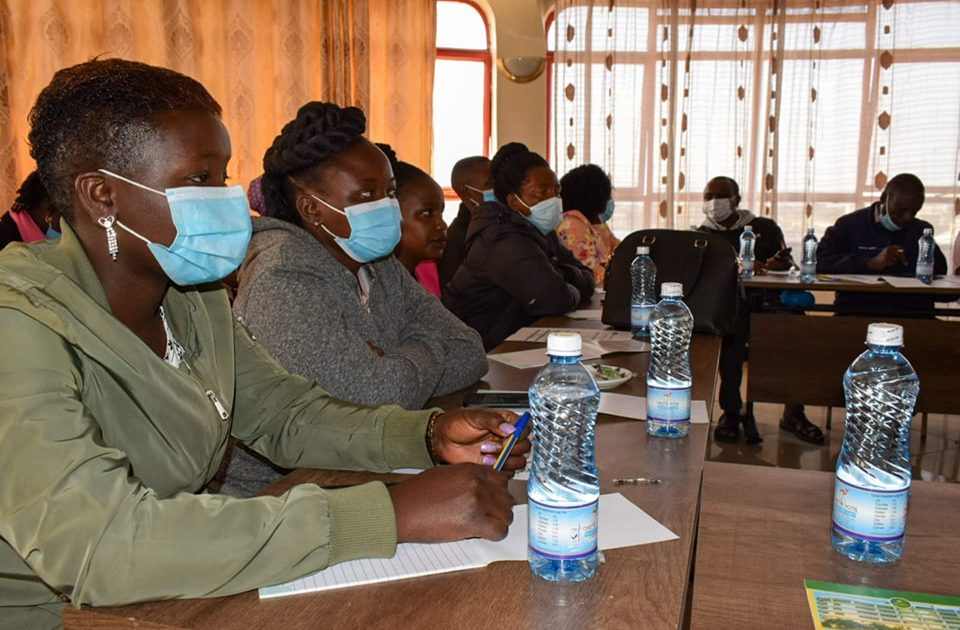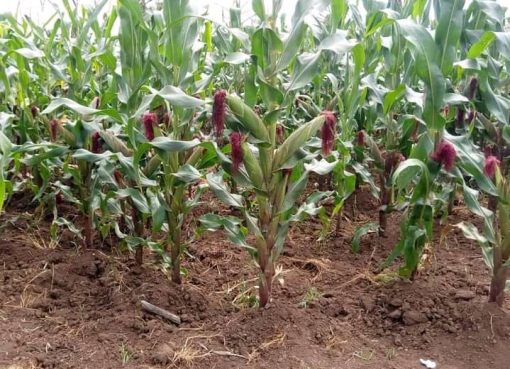The County Government of Nakuru is channeling more resources towards prevention and clinical management of mental illnesses in a move aimed at reducing the increasing burden of mental illness in the county.
Nakuru Governor Mr Lee Kinyanjui regretted that cases of mental illnesses had spiked amidst Covid-19 pandemic adding that his government was partnering with USAID ‘Tujenge Jamii’ initiative to conduct a Mental Health Sensitization Program that has seen 55 Community Health Extension Workers (CHEWS) and Community Health Assistants (CHAs) trained across the County to work with the communities at the grassroots.
He said that the County had formulated a policy and legislative framework to facilitate more investments in mental health care in addition to increasing budgetary allocation and manpower.
The governor reiterated his government’s commitment to providing mental health and psychological support to the afflicted adding that the County had already established psychiatric units in all its 14 level four and level five hospitals which he noted had helped increase access to affordable mental health services and enabled individuals, families and communities effectively cope with the challenges associated with mental illnesses.
He was happy that the county was able to employ more than 120 psychiatrists, mental health nurses, psychologists, social workers, occupational therapists and general staff who he said provide mental healthcare services at different levels.
The governor at the same time said they were actively running campaigns that promote mental health check-ups to assess the state of mind the same way dental, optical or body check-ups are done, particularly among those working in a high-pressure or stressful environment adding that early medical diagnosis was crucial in supporting the recovery process.
While appreciating the progress made in the sensitization campaigns, Kinyanjui said they were prioritizing other interventions including grassroots advocacy to reduce stigma and discrimination associated with mental illness and also adopted a strategy to promote financing and investments required to scale up access to quality and affordable mental health care services in all the 11 Sub-Counties.
The County Community Health Strategy Focal Person, Ms Ritah Ochola, said the mental health sensitization program was rolled out at the Primary Healthcare level to enhance efficient referral pathways for persons with Mental Health issues in the Community where the first respondents operate.
She added that the team was expected to cascade the knowledge acquired to the over 3300 Community Health Volunteers with the CHVs working directly with households and communities to ensure that persons distressed with mental health issues have access to appropriate care.
According to the Kenya Mental Health Policy 2015-2030, depression, suicide, substance abuse, bipolar mood disorder, schizophrenia, and anxiety are the most common mental conditions.
Depression is the most common mental illness, affecting more than 300 million people worldwide, according to World Health Organization (WHO). It is also the leading cause of disability. When not attended to, it can lead to suicidal thoughts.
WHO estimates that about 800,000 people commit suicide every year and it is the second leading cause of death among youths aged between 15-29 globally.
By Esther Mwangi and Kelvin Kamau





